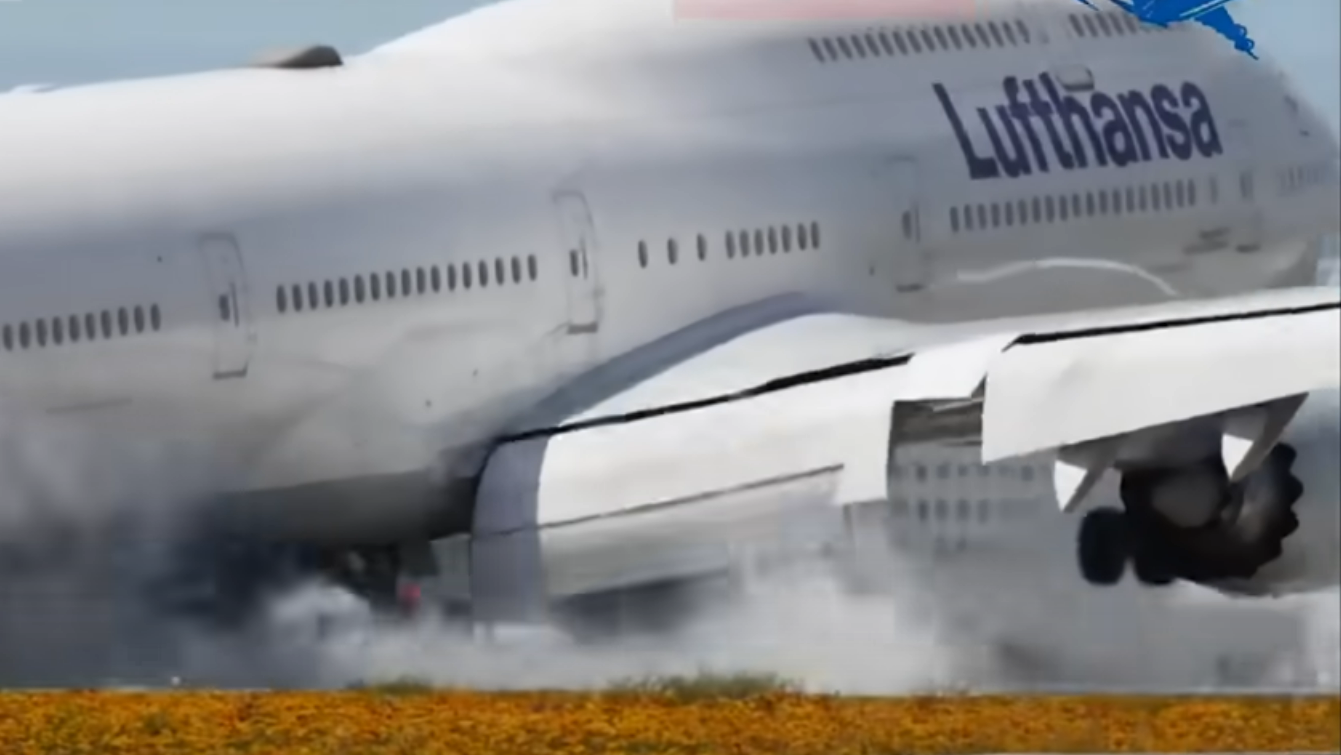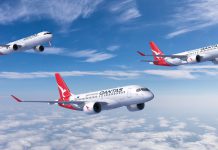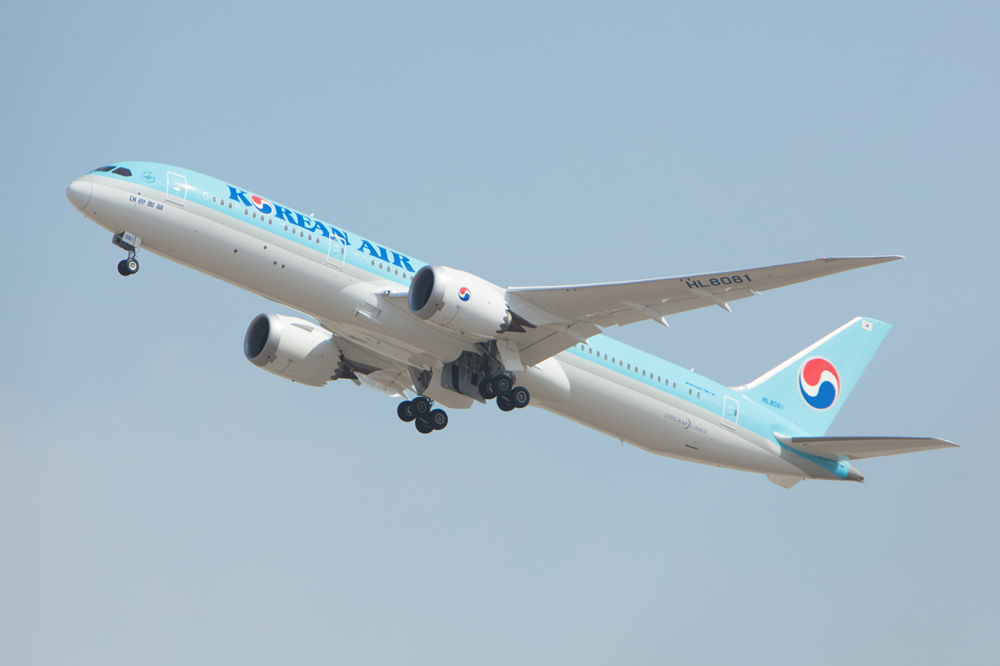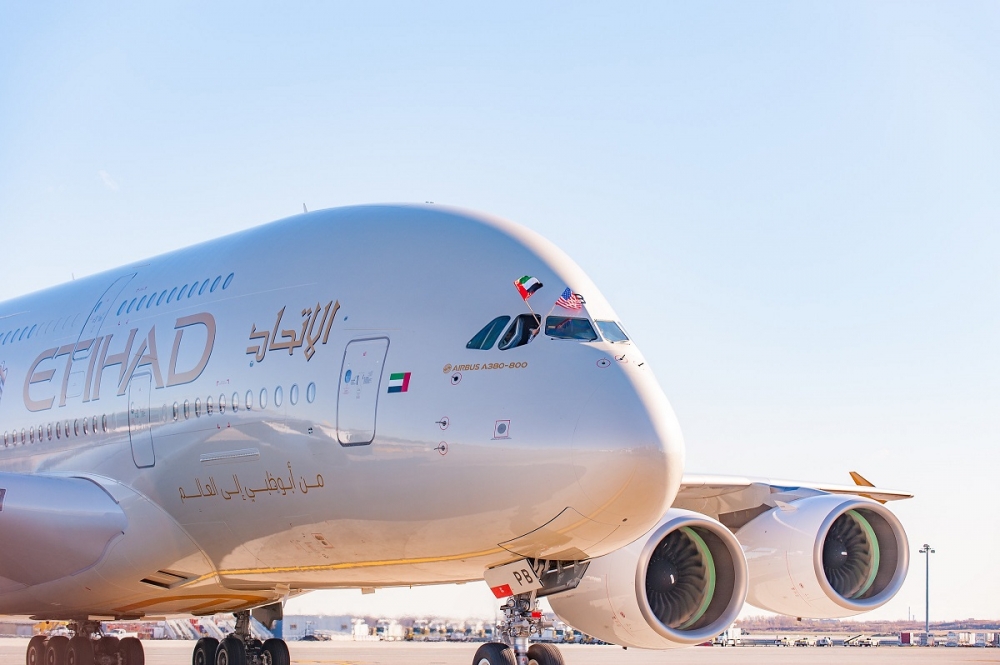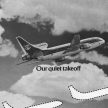Airline chiefs are generally optimistic about the future despite a headline-grabbing $US1.87 billion loss at Etihad Airways caused mainly by a fleet write-down and one-off charges related to troubled airline investments.
A business confidence survey conducted in early July by the International Air Transport Association found that more than three-quarters of airline chief financial officers and heads of cargo indicated profitability increased in the second quarter of calendar 2017 compared to last year.
“Industry heads were markedly more confident about the outlook for profitability over the year ahead than they have been in recent surveys, mainly reflecting expectations that the demand backdrop will remain robust,’’ the survey said.
“Once again, the survey responses were consistent with the strong opening to 2017 for both passenger and freight volumes.
“Given the broad-based pick-up in global economic conditions, more than four-fifths of respondents expect passenger volumes to rise over the next 12 months, while the majority of respondents expect air freight volumes to continue their positive growth trend over the year ahead too.”
Half of the respondents to the Business Confidence Survey reported decreased operating costs and responses about yields “were consistent with the bottoming out of passenger yields and an upward trend in freight yields’’, the survey said.
Airline employment was also up, with 44 per cent of respondents planning to add workers in the year ahead.
But it was a gloomier appraisal that came out of Etihad’s headquarters in Abu Dhabi.
The Etihad loss compared to a profit last year of $US103m and comes at a time the Gulf carriers have been hit by lower oil prices, increased competition and external events such terrorism in Europe and adverse US government policies.
Earlier this year, Dubai-based Emirates announced a 70 per cent slump in 2016-17 annual profit as officials predicted another challenging year due to “hyper competition” and volatility in many markets.
“This year is just as challenging for the global aviation industry and the ever-evolving competitive environment is likely to impact overall performance in 2017,’’ said Etihad interim group chief executive officer Ray Gammell. “However, our airline business remains strong and class-leading, and as an aviation group, we are in a stronger position.”
Etihad Airways chief executive Peter Baumgartner added: “We are in an industry characterised by overcapacity, declining market sizes on key routes, and changing customer behaviour as a weak global economy affects spending appetite.
“Our answer to these challenges is innovation and reinvention, and this gives Etihad Airways a competitive edge as we seek to leverage opportunities offered to us by a changing environment.’’
Etihad took a $US1.06 billion charge on aircraft to reflect the market value of the planes and the fact it was moving early to phase out some types.
It also wrote off $US808m on investments made under previous chief executive James Hogan as part of a strategy to expand the airline’s global footprint. These mainly related to failed carrier Alitalia, currently in administration after unions rejected a restructuring deal, and financially-troubled airberlin.
The charges suggest it is following a strategy used by Qantas to get its balance sheet in order by taking the write-downs in one massive hit. Qantas subsequently posted record profits.
Etihad said legacy fuel hedging contracts also affected 2016 performance, although this was expected to have a diminished financial impact in 2017.
Etihad did not provide an underlying pre-tax result but noted passenger revenue at the “core airline” had remained flat at $US4.9 billion, despite an increase in passengers from 17.6 million in 2015 to a record 18.5 million in 2016. Capacity was up by 9 per cent.
Yields, a measure of average fares, fell 8 per cent “amid market capacity pressures and the tough global economic climate” but this was partially offset by an 11 per cent reduction in costs.
“Yields were under pressure in all cabins, with business class impacted particularly as corporate travel policies continued to encourage flyers to downgrade to Economy,’’ Baumgartner said.
Etihad has been shedding staff as part of a restructuring program called Right Size & Shape which Gammell said had produced savings of about 4 per cent by the end of 2016.
“We are focused on maintaining the solid performance of our core airline business – operationally and financially – even amid difficult market headwinds,’’ he said. “At the same time, we continue to implement changes across the group as part of the comprehensive strategic review, with a focus on improving revenues and reducing costs. ‘’
It was better news in Singapore, where SIA Group airlines reported a 45.6 per cent rise in first-quarter 2017-18 operating profit to $S281 million ($US207m) after a surprise loss in last year’s fourth quarter.
Singapore Airlines, SilkAir, Budget Aviation Holdings, SIA Cargo and SIA engineering were all profitable with profit at the “parent airline’’ up from $S197m in the first quarter of 2016-17 to $S241m.
Passenger revenue rose $S121 million as traffic increased by 7.6 per cent.
However, the airline said the business outlook remained challenging “as the uncertain global economic climate and geopolitical concerns, coupled with overcapacity in our key markets, continue to dampen yield performance.
“Fuel prices are expected to remain volatile in the months ahead, as the global oil market continues to adjust to demand and supply conditions,’’ it said.


